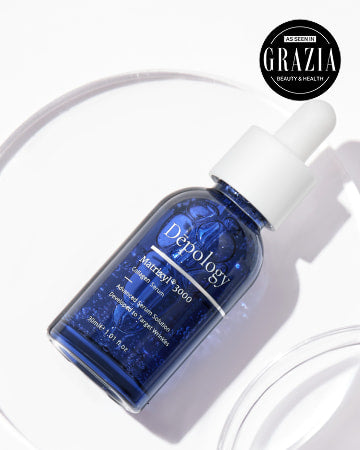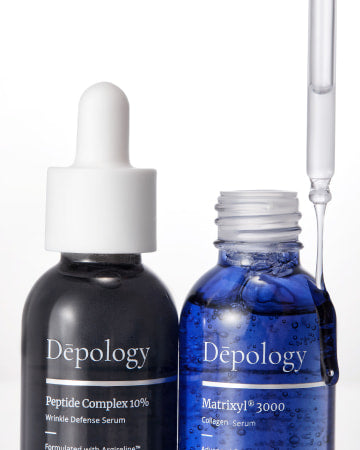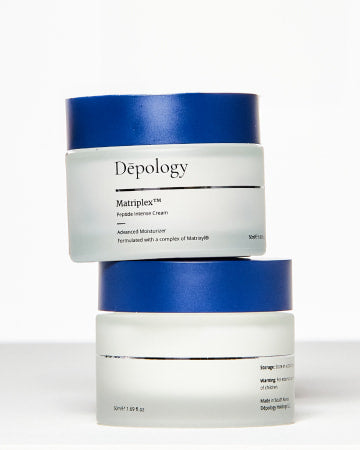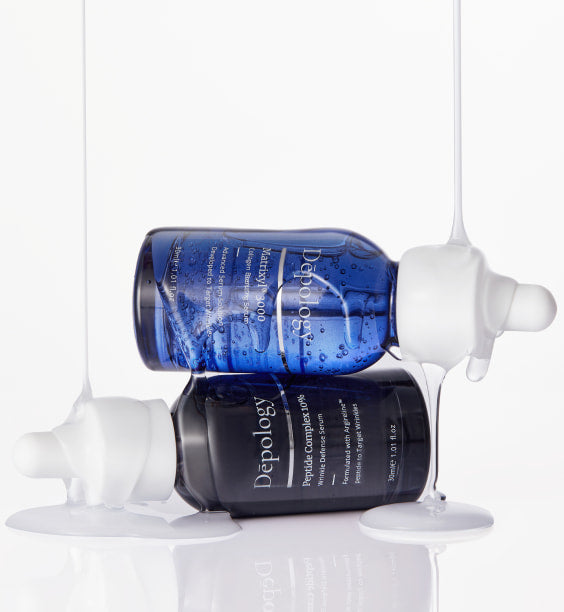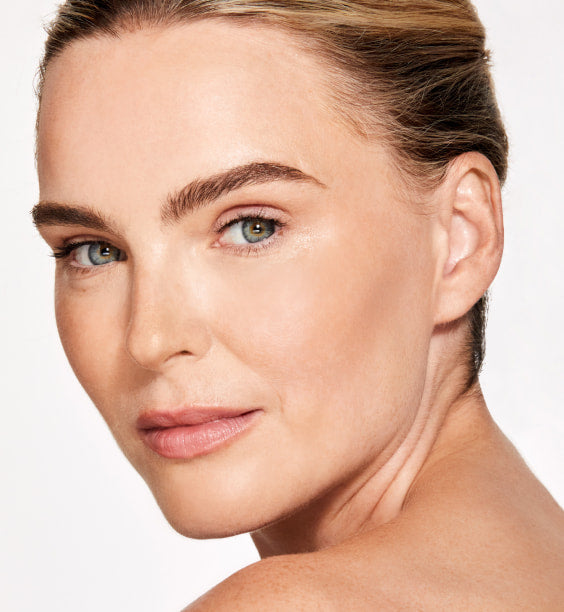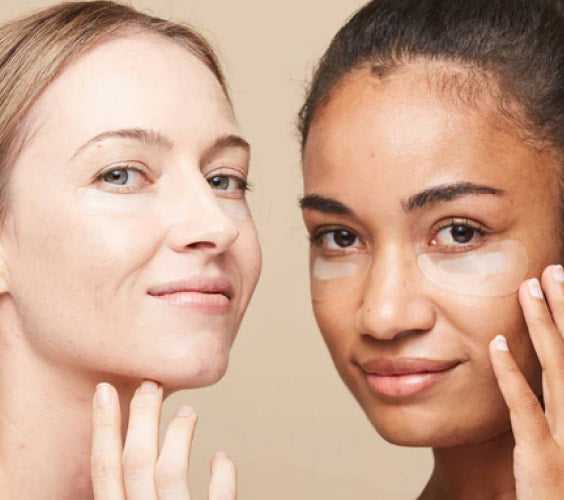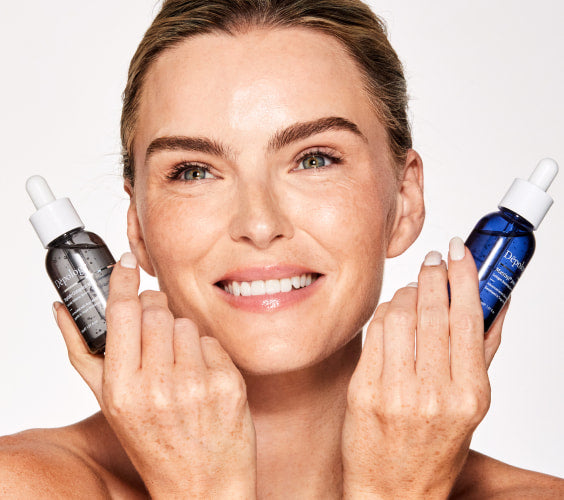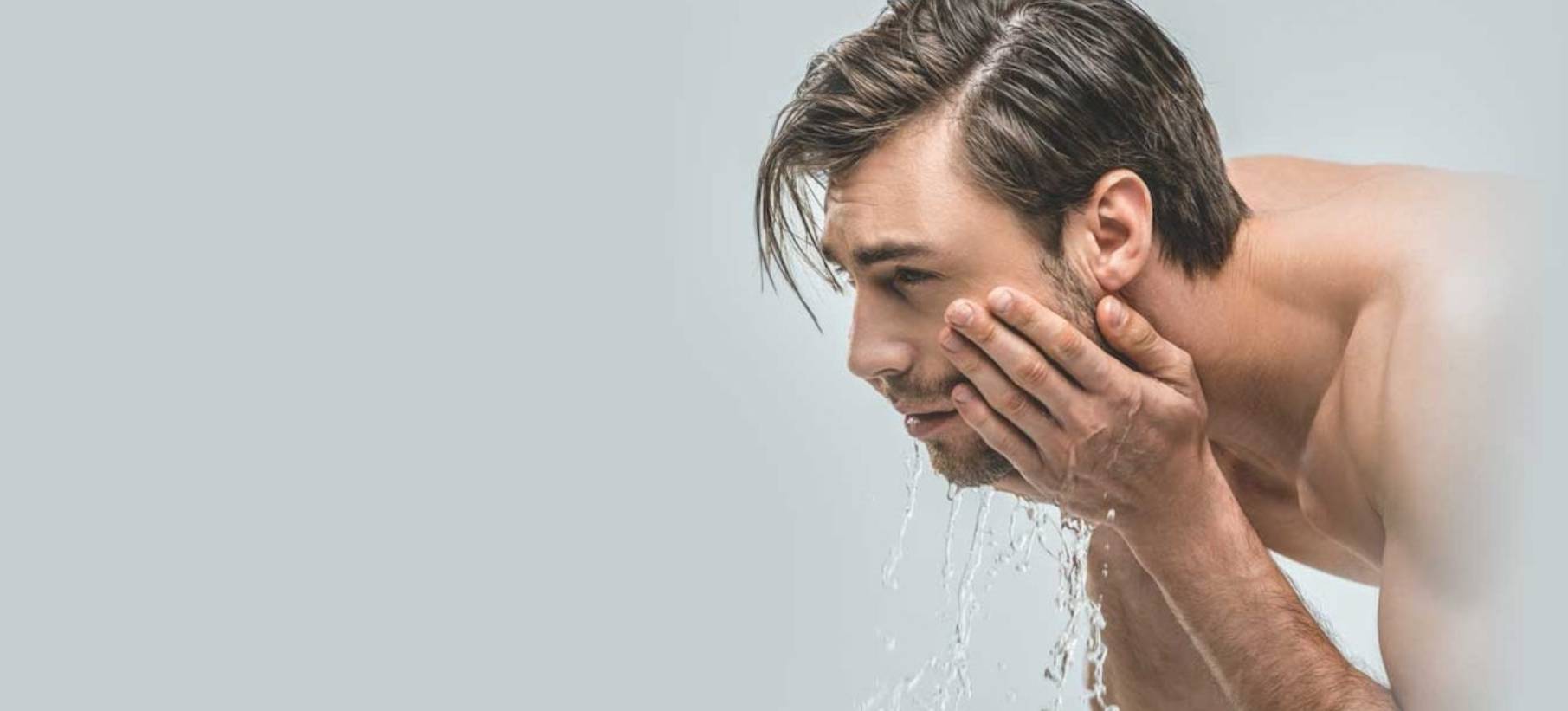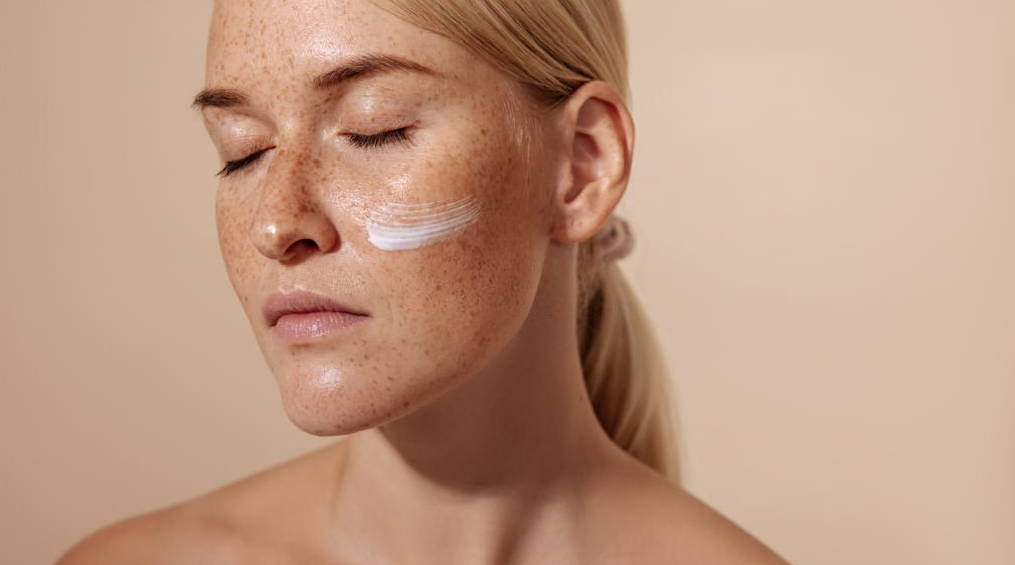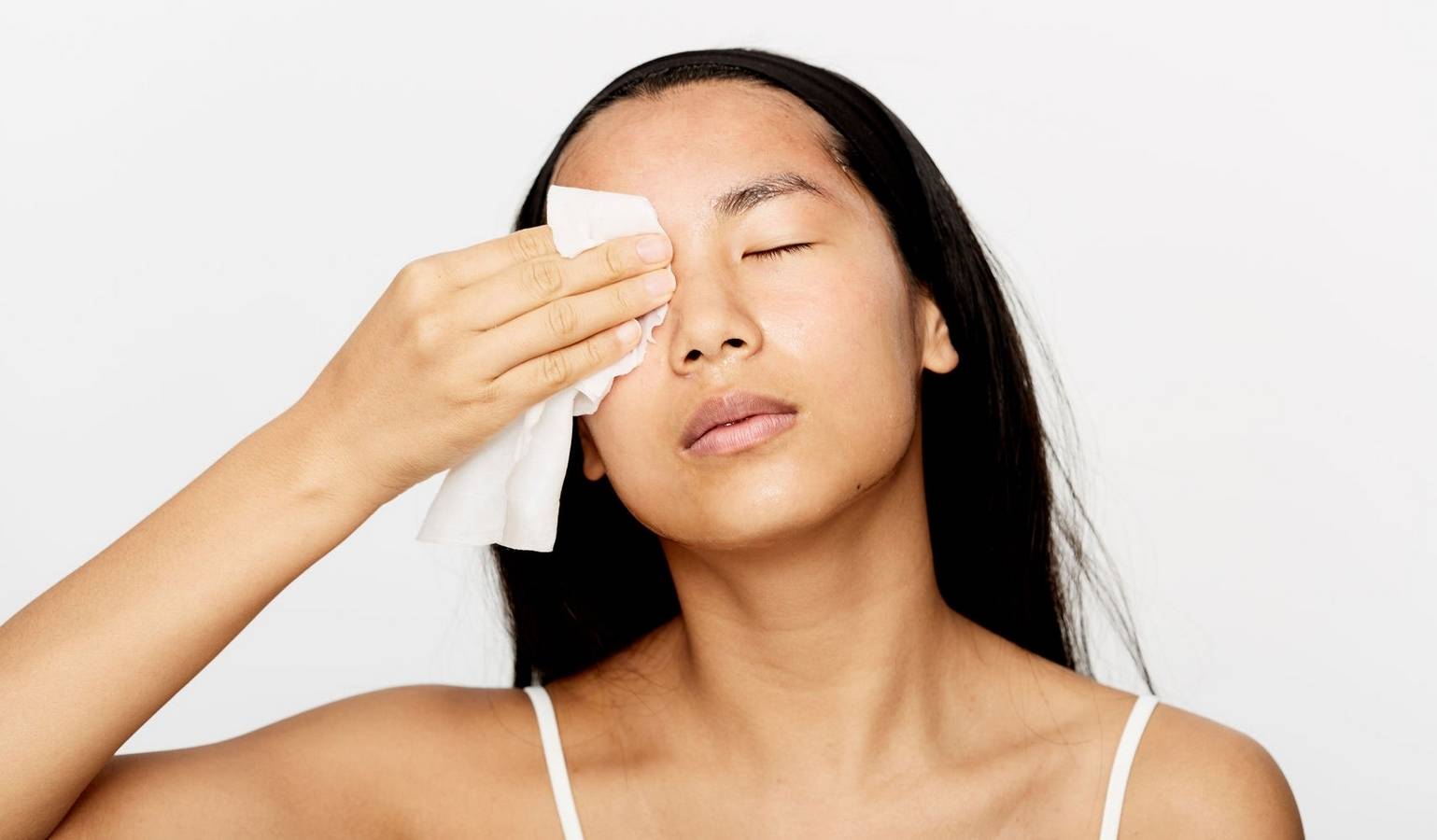
Are Makeup Remover Wipes Good For The Skin?
In the world of modern beauty routines, convenience reigns supreme. Makeup remover wipes have become a go-to solution for countless individuals to cleanse makeup swiftly and effortlessly. These handy towelettes promise the allure of a quick and hassle-free way to wipe away the day's makeup, leaving your skin fresh and clean.
The impact of makeup remover wipes on your skin's health is necessary for peeling back the layers of their effectiveness, ingredients, and whether they truly belong in your daily beauty regimen.
What are make-up wipes?
Make-up wipes, also known as facial cleansing wipes or makeup remover wipes, are disposable pre-moistened towelettes designed to remove makeup and impurities from the skin. They are a convenient and portable option for quickly and easily cleaning your face, especially when you don't have access to water and traditional cleansers.
How do make-up wipes work?
Make-up wipes work through a combination of their fabric material and the cleansing solution they are saturated with. Here's a general overview of their cleansing process:
Fabric Material: Make-up wipes are made from soft, non-woven fabric or material that is gentle on the skin. This fabric is designed to be soft enough to use on your face without irritation.
Cleansing Solution: The fabric is typically pre-moistened with a cleansing solution that is specially formulated to break down makeup, dirt, oil, and impurities on the skin's surface. This solution often contains water, various types of cleansers, moisturizers, and sometimes additional skincare ingredients.
Skin Contact: When you use a make-up wipe, you unfold or take one out of its packaging and gently rub it over your face, focusing on areas with makeup or dirt. As the fabric comes into contact with your skin, the cleansing solution on the wipe starts to dissolve the makeup and impurities.
Mechanical Action: The physical act of wiping helps mechanically lift away makeup particles and impurities from your skin. The gentle friction between the fabric and your skin, combined with the cleansing solution, helps break down and loosen makeup.
Absorption: The fabric of the wipe absorbs the makeup, dirt, and oil that have been dissolved by the cleansing solution. This is why you may notice the wipe changing color as it picks up the makeup.
Cleaning Effect: As you continue to wipe, the makeup transfers from your skin onto the wipe. You may need to use multiple wipes or fold the wipe to a clean section to ensure you remove all the makeup effectively.
Discarding: Make-up wipes are designed to be single-use and disposable.
Are makeup remover wipes suitable for your face?
Makeup remover wipes can be convenient for removing makeup, especially when you're on the go or in a hurry. However, whether they are "good" for your face depends on various factors, including your skin type, the specific product you're using, and how you use them. Here are some things to consider:
Skin Type: Makeup remover wipes may not be suitable for all skin types. If you have sensitive or acne-prone skin, some wipes may contain ingredients that can be irritating or potentially worsen your skin issues.
Ingredients: Check the ingredients list on the makeup remover wipes. Look for alcohol-free and fragrance-free options, as these are less likely to irritate. Some wipes also contain nourishing ingredients like aloe vera or chamomile, which can be gentler on the skin.
Effectiveness: Some makeup remover wipes don’t effectively remove all types of makeup, especially waterproof or long-lasting products. You may need to rub or tug at your skin to remove stubborn makeup, which can be harsh on your skin.
Residue: After using makeup remover wipes, it's important to rinse your face to remove any remaining residue. Leaving makeup remover residue on your skin can lead to clogged pores and breakouts.
Moisturize: Some makeup remover wipes may leave your skin feeling dry after use. To mitigate this, follow up with a gentle moisturizer to keep your skin hydrated.
CTA: Moisturizing Caviar Multi-Balm Stick
Frequency: While removal wipes are convenient, using them daily as your primary method of makeup removal is not considered ideal for your skin. Be sure to cleanse your face properly with a gentle cleanser at the end of the day to remove all makeup and impurities.
Makeup remover wipes can be convenient for occasional use but may not be the best option for daily makeup removal, especially if you have sensitive or problematic skin. Always be mindful of the ingredients in the wipes and follow up with a proper skincare routine to maintain healthy and clean skin.
Are there disadvantages to using make-up wipes?
Yes, there are several disadvantages to using makeup wipes, and it's essential to be aware of them when considering their use as part of your skincare routine:
Irritation: Makeup remover wipes can contain harsh ingredients, fragrances, or preservatives that may irritate sensitive skin. Prolonged or frequent use of such wipes can lead to redness, dryness, and skin irritation.
Skin Friction: To remove stubborn makeup with wipes, you may need to rub or pull at your skin, which can cause unnecessary friction and damage over time. This can contribute to premature aging and wrinkles.
Environmental Impact: Many makeup remover wipes are single-use, disposable products made from non-biodegradable materials. Their widespread use contributes to environmental pollution. Choosing eco-friendly alternatives, such as reusable makeup remover pads or cloths, can reduce your ecological footprint.
Drying Effect: Some makeup remover wipes can leave your skin feeling dry after use. They often contain alcohol or other ingredients that can strip your skin of natural oils, leading to dehydration and other potential skin issues. They may also contain preservatives, fragrances, and other chemicals you may want to avoid if you have sensitive or allergy-prone skin.
Cost: Over time, purchasing disposable makeup remover wipes can add up compared to other makeup removal methods, such as using a gentle cleanser, toner, reusable wipes, and even water from a reliable source.
Convenience vs. Thorough Cleansing: Makeup wipes are convenient for quick makeup removal, but they may not provide the thorough cleansing your skin needs, especially if you wear heavy or layered makeup.

CTA: Cica Redness Relief Nourishing Cleanser
Why do dermatologists hate makeup wipes?
Dermatologists do not necessarily "hate" makeup wipes, but many of them are critical of these products due to their potential drawbacks and skincare limitations. Dermatologists are primarily concerned with the health and well-being of their patients' skin, and they tend to recommend skincare practices and products that are effective, gentle, and promote skin health.
Dermatologists may have reservations about makeup wipes when it comes to not effectively removing all types of makeup, particularly waterproof or long-lasting products. Professionals emphasize the importance of thorough makeup removal to prevent clogged pores, breakouts, and other skin issues.
Since some makeup wipes contain harsh ingredients, particularly for individuals with sensitive or allergy-prone skin, dermatologists often recommend gentle, fragrance-free products to minimize the risk of irritation.
Not all dermatologists universally condemn makeup wipes. Some may acknowledge that makeup wipes can be convenient for occasional use, such as when traveling or in emergencies. However, they generally recommend using them sparingly and following up with a proper skincare routine that includes gentle cleansing, moisturizing, and sun protection for optimal skin health.
“With the addition of any skincare products, consistency with your regimen will affect your outcome,” says Dr. Patrick Treacy, a dermatologist based in Dublin, Ireland. “With any skin-care product, apply in order of consistency — from thinnest to thickest. Cleanse your skin without stripping essential, healthy oils. Don't go overboard with exfoliating scrubs.
The products which I like from Dēpology include ingredients that I would recommend or suggest, like hyaluronic acid, which is formulated in their Micro-dart Patches and their Matrixyl 3000 Serum,” continues Treacy. “It's advantageous that they [Dēpology] are based in Korea and have access to partners that allow them to undertake emerging ingredients and formulations before other brands.”
Conclusion
Make-up removal wipes have their time and place in the realm of skincare. They offer quick solutions for makeup removal on busy days or during travel, but they're not without their drawbacks. Whether you're a makeup enthusiast or simply someone who values a clean slate before bedtime, it’s all about moderation. While makeup remover wipes can be a helpful tool in your skincare arsenal, they shouldn't be the sole foundation of your routine.


